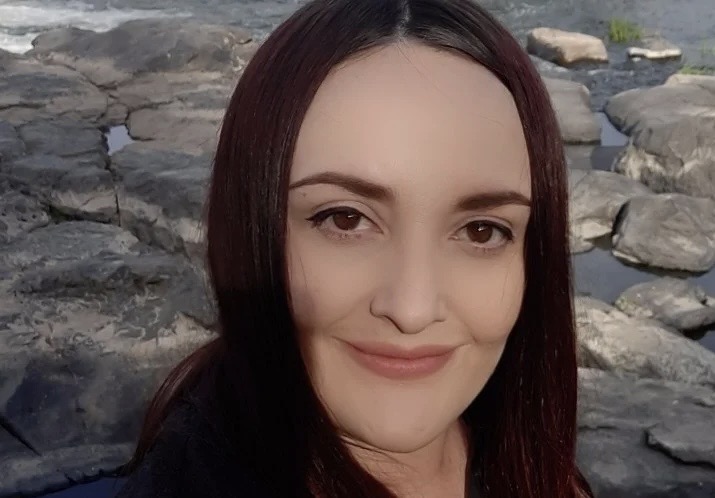
Sponsored by: AIA-Spokane Society

Dr Tiffany Fulkerson
Dr. Tiffany Fulkerson will discuss her work on PNW studies. Home to the sʔukʷnaʔqín (Okanogan) people, the Okanogan Highlands of northern Washington is a region characterized by mountainous terrain with diverse habitats ranging from forests to desert shrub-steppe. While oral traditions and archaeological and ethnographic data speak to a long history of cultural use of diverse ecologies by Okanogan people, archaeological evidence of human habitation in upland areas here and elsewhere on the Plateau remain poorly documented, in part due to historical sampling biases that have tended to favor river and lake environments. This talk describes ongoing research as part of an archaeology field school in the Mt. Hull-Whistler Canyon area of the Okanogan Highlands that was designed to explore the continuity of culture and place and connections between community, landscapes, and ancestral foods in upland environments through time. The field school was developed in partnership with the Confederated Tribes of the Colville Reservation, Spokane Bureau of Land Management, and academic institutions and provides a unique opportunity to train early career professionals in collaborative heritage management practices in ways that reflect the expressed interests and goals of the communities who maintain longstanding connections to federally managed lands. This talk will present the results of archaeological excavations of a cultural depression on Mt. Hull in the field school project area that revealed an unusually wide diversity of artifact assemblages, along with preliminary results of ongoing specialized analyses including aerial Light Detection and Ranging (lidar), portable X-ray fluorescence (pXRF), paleoethnobotany, zooarchaeology, and ancient DNA (aDNA) data. This lecture is sponsored by the AIA’s Frieda Florence Renner Lecture grant.
Notifications